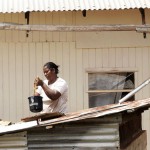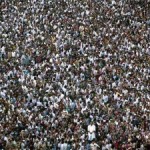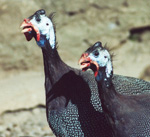Martelly Visits Cuba With Reduced Presidential Delegation | Une délégation présidentielle voyage à Cuba, amputée des présidents des deux chambres
By staff, AHP | Staff, Le Nouvelliste | Commentary and translation by Dady Chery, Haiti Chery. Martelly finally visits Cuba six months after his inauguration. (English | French)
Continue reading →



